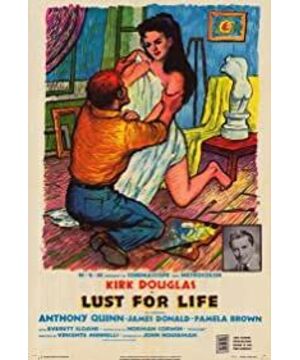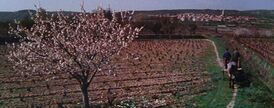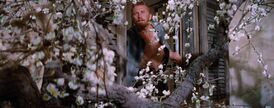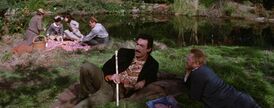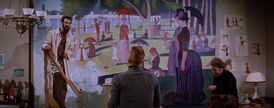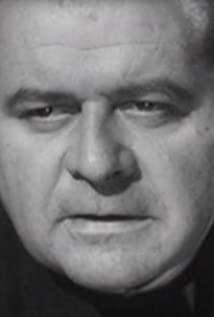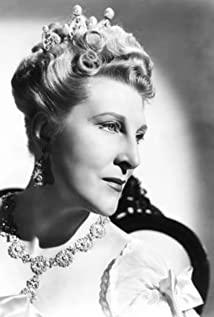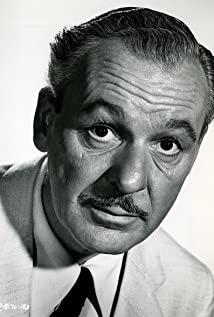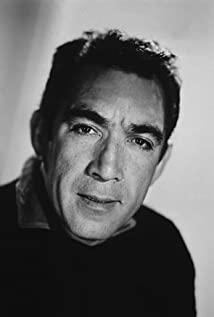It was raining after leaving the teaching building, and it was a little cold. The rain was dripping on the oil-parking road, and it seemed to be sucked in a little. The orange light was reflected in a high-key yellow by the rainy road. The wind blew and seemed to bring people into another space. I know how Van Gogh felt, maybe it's crazy to say that, then maybe I just know a little bit. That feeling of extreme desire to paint, the feeling that both hands have touched the brush, and it seems to have been standing upright on the canvas. When it is warm and cold when the spring is bright and a large field of rapeseed flowers is transformed into a large field of rice and wheat when the striking golden color turns into a bright green. Who can restrain the passion for painting? Not to mention the beautiful scenery of Europe. The backgrounds of the characters in the film themselves are like famous landscape paintings handed down from time to time.
At the end of the film, the director chose to use Van Gogh's answer to his mammy in the mental hospital to gradually show his life's efforts, and then gradually fade out. Finally, my eyes felt wet. In the golden wheat field, in the broad daylight, the sun shrouded everything on the earth in pure gold-like brilliance, but there is a person who represents death. This 1958 film, it's a faithful account of Van Gogh and other failed and broken lives and the source of those great paintings. I remember what someone once asked me. If it were you, would you be willing to live the life of Van Gogh, and would you be willing to succeed after death?
Van Gogh seems to have always longed for success and has always longed for work and life. And Gauguin said, you don't know, you haven't worked, you haven't worked hard under the hot sun, and you haven't frozen your hands and ropes together in winter. What is life like? Is it mediocre or great? Is it full of beauty or wandering despair? Did life make Van Gogh or did Van Gogh make life?
View more about Lust for Life reviews


